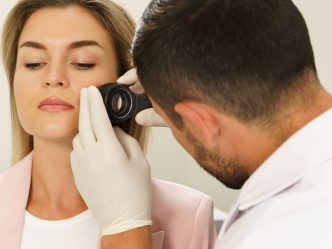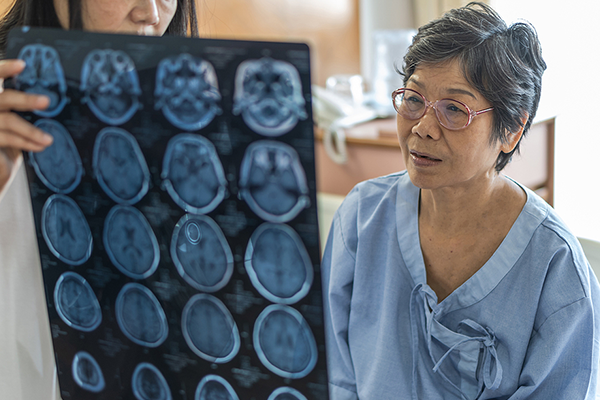The National Highway Traffic Safety Administration says that 71 percent of teens have admitted to composing or sending SMS/text messages while driving — and your teen may be among them, said Dr. Natalie Lane, medical director of Safe Kids Greater Augusta.
“The fact is, one in four car crashes are caused by distracted driving, often due to texting, and half of these related deaths involve teens,” said Lane. “Teens are still developing emotional maturity and motor skills, which can be further impacted by distracted driving.”
It’s time for the talk. Here’s what you can do to help keep your teen safe while driving:
First, don’t sugarcoat it. Teens need to understand that texting while driving is not only dangerous for themselves, but for other drivers on the road as well.
Decide on a designated spot in the car where your teen can put the phone. Agree on a place to keep the phone, preferably not within arm’s length of the driver’s seat, such as the glove compartment, back seat, or a purse or pants pocket.
Install an app that sends automatic responder texts while your teen is driving. There are several apps available that will sense when the car is going over 10 mph. If someone sends your teen a text while he or she is driving, the app will automatically generate a return text (predetermined by you and your teen). Make the message fun! It’s something you and your teen can do together on both your phones.
Set an example. Remember, your teens (and younger children) watch everything you do. Be sure to keep your phone tucked away while you’re driving.
For More Texting Tips
Contact Safe Kids Greater Augusta for checklists, resources and other ways to remind your teens not to text and drive. Call 706-721-7606.





